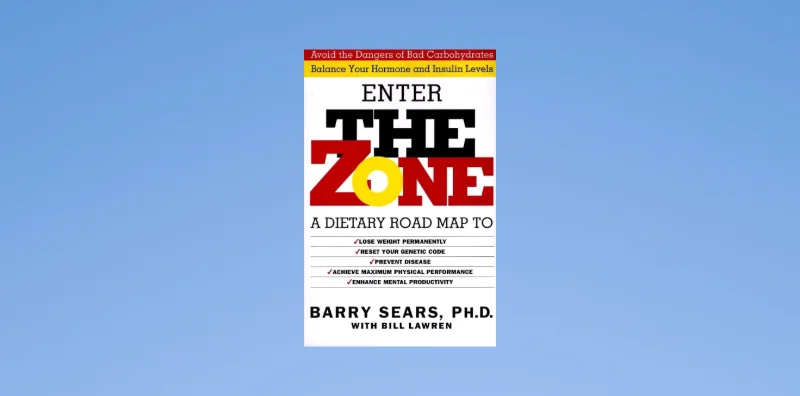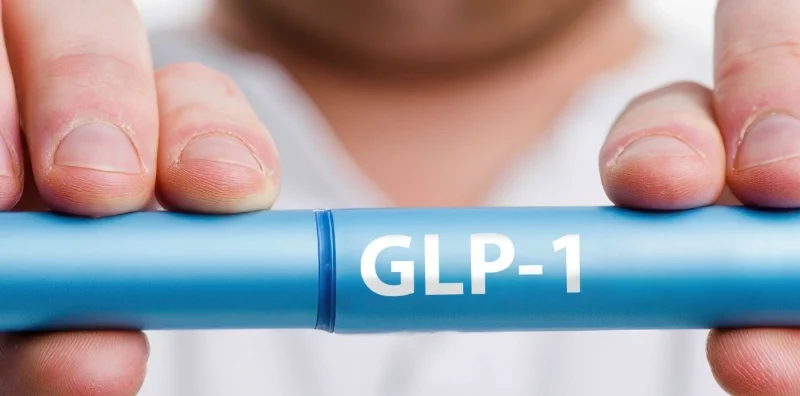Excess body fat is strongly related to increased cardiovascular disease and mortality. The gold standard for measuring your percentage of body fat has always been underwater weighing. Needless to say, this is not easily done at home or in a doctor’s office.
This led to the development of Body Mass Index (BMI) as a crude marker of obesity. Crude because elite athletes might be considered obese by BMI because of their higher level of muscle mass, and older individuals with low muscle mass might be considered to be overweight when in reality they are obese.
A recent paper has demonstrated that your body fat percentage is a far better predictor of the development of cardiovascular disease or mortality than is BMI (1). Although underwater weighing was the gold standard in the past, the use of DEXA measurements is also good. However, at $100,000 for a DEXA machine, it is unlikely to be in your bathroom or a doctor’s office. Machines that measure bioelectric impedance are less expensive, but also less accurate.
So, what is the best home solution to determine your body fat percentage? It is the Body Fat Calculator that I developed based on underwater weighting measurements. You can find this calculator at www.ZoneLiving.com. By just inputting a few simple measurements and answering a few questions into the calculator on that website, you can determine not only your body fat percentage, but also the amount of protein you need to consume daily to maintain your muscle mass.
Two things that most people will find using this calculator are that (a) they are more obese than predicted by the standard BMI scores, and (b) they are not consuming enough protein to maintain their muscle mass.
Once you get over the initial shock that you are probably more obese than you thought, you are probably wondering how to get rid of your excess fat and increase your muscle mass at the same time. That’s easy to answer. Follow the Zone diet. Using ZoneRx Foods makes it far easier to do.
The clinical data is powerful that if you are obese, have prediabetes, or type 2 diabetes, by following the Zone diet, you will lose excess body fat and gain lean body mass. The reason is that the Zone diet activates AMPK, the master regulator of metabolism, to burn excess body fat more efficiently. Additionally, you are consuming the appropriate level of protein at each meal, which stimulates the production of new lean body mass (2, 3, 4).
If that sounds like something elite athletes want to achieve, you would be correct. That’s why I initially tested the Zone diet out in world-class athletes to enable them to perform at a higher level. This started with the Stanford University swimmers who won seven gold medals at the 1992 Barcelona Olympics (5 ).
If it worked for them, it can work for you.

References
1. Mainous AG, Yin L, Wu V, Sharma P, Jenkins BM, Saguil AA, Nelson DS, Orlando FA. Body mass index vs. body fat percentage as a predictor of mortality in adults aged 20-49 years. Ann Fam Med. 2025:240330. doi: 10.1370/afm.240330.
2. Johnston CS, Sears B, Perry M, Knurick JR. Use of novel high-protein functional food products as part of a calorie-restricted diet to reduce insulin resistance and increase lean body mass in adults: A randomized controlled trial. Nutrients. 2017; 9:1182. doi: 10.3390/nu9111182.
3. Stentz FB, Brewer A, Wan J, Garber C, Daniels B, Sands C, Kitabchi AE. Remission of pre-diabetes to normal glucose tolerance in obese adults with high protein versus high carbohydrate diet: randomized controlled trial. BMJ Open Diabetes Res Care. 2016; 4:e000258. doi: 10.1136/bmjdrc-2016-000258.
4. Stentz FB, Lawson D, Tucker S, Christman J, Sands C. Decreased cardiovascular risk factors and inflammation with remission of type 2 diabetes in adults with obesity using a high protein diet: Randomized control trial. Obes Pillars. 2022 ;4:100047. doi: 10.1016/j.obpill.2022.100047.
5. Whitten, P. Stanford’s Secret Weapon. Swimming World and Junior Swimmer. March 1993.





2 comments
I have a question about a previous post regarding a study done indicating the danger of taking fish oil because it can often be rancid and/or be a contributor to dementia. Many of my ‘non-fish oil’ friends keep bringing these up? What does Zone do to prevent the fish oil from becoming rancid before it arrives at my house? Should I refridgerate my fish oil at home. (I never have in 20 years).
All oils (even lard) are prone to oxidation when exposed to air. The more poly-unsaturation of the fatty acids in the oil, the greater the risk.
We bottle our fish oil under argon (not nitrogen). It is more expensive, but the heavier gas prevents oxygen from getting into the bottle during the bottling process. The encapsulation of fish oil is under nitrogen. Under those conditions, the shelf life is at least two years, if the material is stored correctly by the user. That’s a big if.
Liquid fish oil should be stored in the freezer. Fish oil capsules should be stored between 58-75 F to ensure the gelatin doesn’t become leaky thus allowing oxygen to penetrate into the liquid oil inside the capsule. That’s why fish oil capsules should not be stored in a refrigerator as the gelatin will become leaky. We state that clearly on the bottles. Most consumers don’t follow those instructions.
What leads to dementia is inflammation and omega-3 fatty acids are your best defense against neuroinflammation, but only if you take enough and store it correctly. Most Americans either.